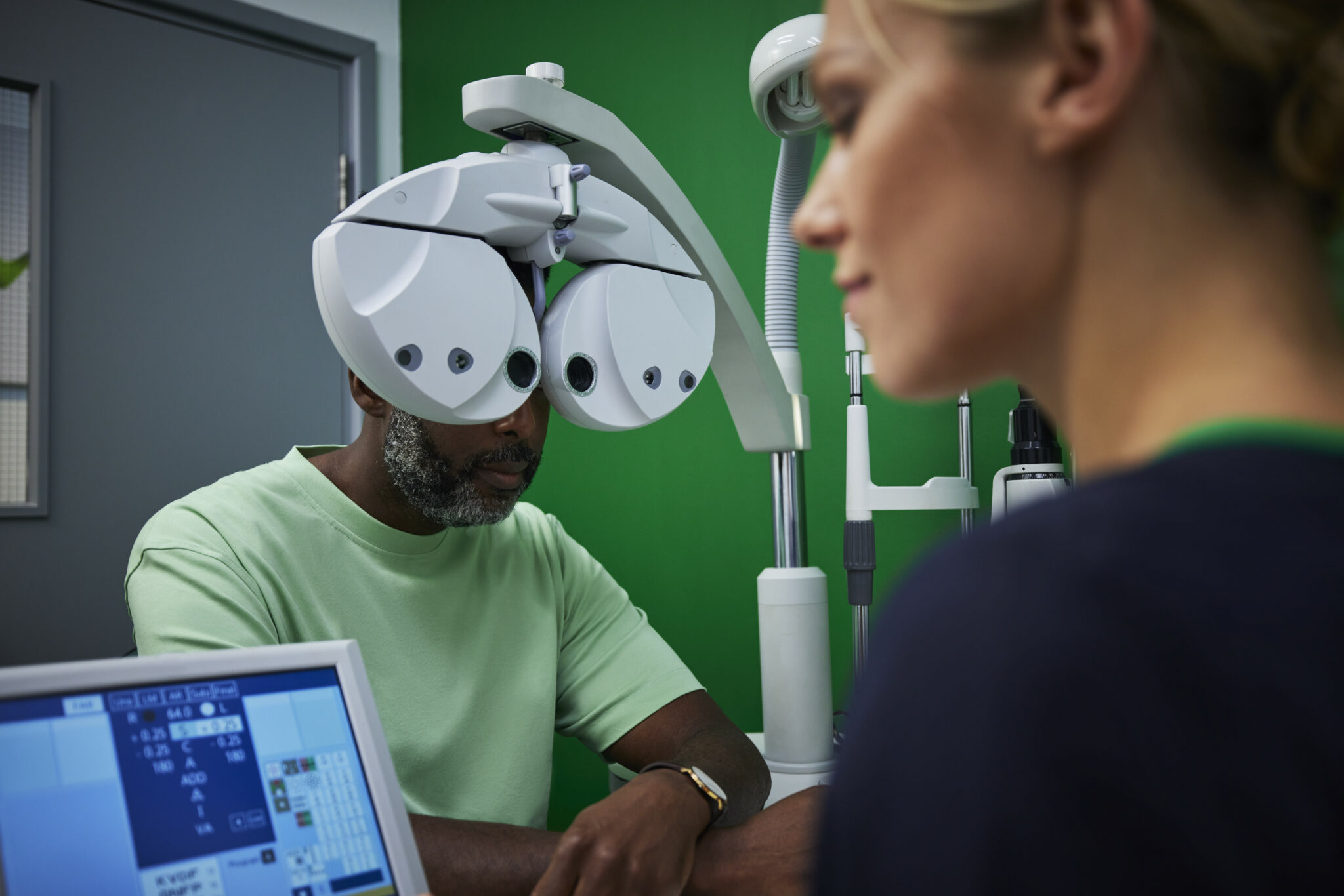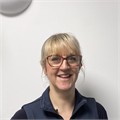Reflections on World Optometry Week
This global awareness week highlights optometry’s vital role in healthcare. Spectrum asked optometrist Nicola Nisbet for her reflections on what optometry means to her.
What does World Optometry Week mean to you?
It is important to focus a spotlight on our sector to celebrate what’s worked and to make services even better. It’s also important to increase awareness of the role we can play to those outside of our sector who can use our services.
For you, how does optometry contribute to health?
We have a huge part to play and I consider it a huge privilege. It’s not uncommon to meet patients experiencing challenges or loneliness - and we can provide that empathy to try and at least improve their sight.

Then we can tailor choosing products to improve their sight, to their particular needs, giving them a great experience. We’re also well positioned to signpost patients to other services.
What about improving access to eye care?
Community optometry is vital in this regard, not least with the immense pressures on secondary care. Our training is very involved and we have a great system of further training and qualifications available.
We are best positioned to take some of this pressure off the secondary care system. I’ve seen some fantastic examples of optometrists - with the higher glaucoma certificate and independent prescribing qualification - being trained to deliver great glaucoma services within secondary care sector (under a supervising ophthalmologist).
We’re therefore in a perfect position to be able to offer more services a primary care setting, where the patients often prefer to be seen.
Reflecting on your career and role as a clinical performance consultant at Specsavers, supporting colleagues in practices on the ground, what examples of patient care stick out for you?
There are so many. In my very early career, I worked in the Shetland Islands where there was no hospital eye service. We had a visiting ophthalmologist once a month and Aberdeen royal infirmary was a 150-mile flight away. This was 1995 to 2001 so well before enhanced optical services.
My patient was a young boy of eight to 10-years-old. He lived in a very rural community with no GP. They relied on a brilliant practice nurse for the majority of care.
He had had a painful red eye for three weeks and the practice nurse had treated him for conjunctivitis but it was getting worse. Then his mum had noticed that the iris was now white on the bottom.
There was no eye casualty option so she had come to me. It was hypopyon and the child had very nasty panuveitis. I was able to arrange for him to be sent to the hospital eye service in Aberdeen.
The other side of it is working within North Kirklees we had a great Minor Eye Condition Service (MECs) scheme, that worked well with the number of very concerned patients with, for example PVD or sore red eyes, we were able to examine, reassure and resolve.
This avoided the inevitable trip to eye casualty and the impact for both the patient and the hospital.
Do you think there is a greater role for community optometry?
100%. We can look after more patients in community care, so they don’t have to go into the secondary care system. This is more convenient for them but also allows secondary care to see other patients. We have the facilities, technology and ability to be able to do so much more.
What can optometrists do to deliver these services?
Embrace your abilities. At the very least ensure you have all the WOPEC accreditations.
Then complete as many further qualifications as you are able to - including professional certificates in glaucoma, medical retina and independent prescribing.
We have seen new enhanced optical service schemes happen quickly requiring, for example, higher certificate in glaucoma. Having a sufficient number of qualified clinicians to provide it is , of course, vital. If we have a greater number of optometrists, with further qualifications, we are in a much better position for our patients when these services launch.

Optometrist Nicola Nisbet is a Clinical Performance Consultant at Specsavers.
